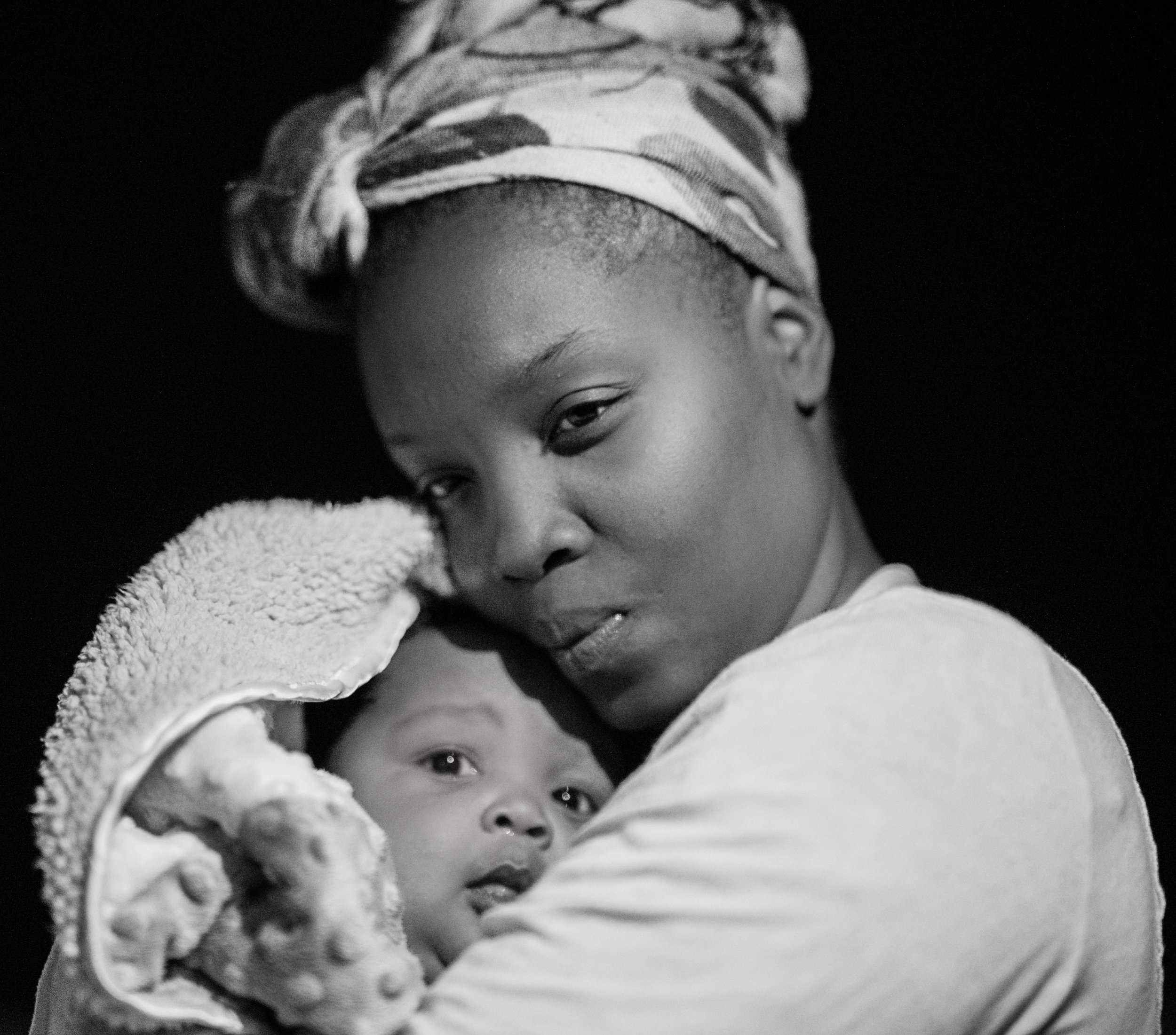When You Feel You Have Failed as a Mother
What to do when you feel like you have failed as a mother or as a parent. Everything you need to know about being a “perfect mother.”
The “Perfect Mother”
Meeting every need her child could possibly have.
Always updated on the latest information on how to “best” parent her child.
Being the one who decides what her children will eat and when they will sleep.
Choosing which toys will help her child’s development. Scheduling enough play dates.
Maybe working outside of the home while also working as CEO of her home and family.
Organizing and cleaning the home.
Deciding all the gifts for her children’s friends’ birthdays.
Making sure a nutritious dinner is on the table day after day.
Exercising and having a “fit” body.
Never complaining or raising her voice.
Always putting everyone else’s needs above her own.
Enjoying every moment.
Giving all she has and not getting nearly as much back.
Pure selflessness.
This picture of a “perfect mother” and her “duties” are deeply ingrained in our cultures and societies.
Here’s the thing – this is a losing game.
Perfectionism Is Not Attainable
It’s inevitable that overburdened mothers become exhausted or impatient and aren’t able to be the parent, worker, partner, friend, daughter, or person they want to be for a moment. Maybe it’s going back to work when you want to be with your child. Maybe it’s wanting to go back to work when you feel like you are “supposed” to only want to be with your child. Maybe it’s raising your voice when you just got home from a long day at work and your children are screaming.
Whatever causes it, some mixture of guilt and shame usually follows.
Your mind may even tell you painful things like:
You are letting your child down.
You are failing as a parent.
You are not doing any better than your own parents did.
As humans, we are not built to attain a state of perfection. Being held to these perfect mother ideals sets us up for failure and these kinds of painful, self-critical thoughts.
The Harm Of This Perfect Mother Ideal
But let’s go with it for a moment… let’s assume we did figure out how to be this “perfect” parent.
This would mean we are there for our children’s EVERY need throughout their upbringing.
As infants and babies, our children require a high level of attentiveness to their needs to help them learn they are safe. Let’s say we continue this same, very high level of attentiveness throughout childhood until our children are adults. Our children will learn that when they have a need or want, it is immediately and always met.
When our children become teenagers or young adults and are facing the world on their own, they will expect their every want and need will be immediately met.
Yet, it is a guarantee that we will all be let down at some point and in some way during our lives, big or small. When the world inevitably fails our children who have been “perfectly” parented and our children can’t get every need or want met, they become unprepared for the world to let them down.
Our children may have a very hard time emotionally dealing with being let down and may even find their own minds telling them similar self-critical thoughts.
Here’s the other wild part of this… without us even wanting this, holding ourselves to being a perfect parent can also put the burden of being a perfect child on our children.
If we are parenting so perfectly, then they should be perfect children too, right?
Our Children Need Us To Be Imperfect Parents
So… what if we weren’t perfect parents?
This means sometimes the things we do fall short, even when we really don’t want them too. Maybe we begin to accept that imperfection is the only way to live. Maybe our children observe that we are not so critical and rather compassionate with ourselves when we deal with our slipups. Our children begin to learn what it’s like to emotionally tolerate difficult things and to not handle it by blaming themselves. They may even learn to take accountability, accept responsibility, and how to grow from their challenges along the way.
Now, when our children are adults and the world inevitably lets them down, this will not be new territory for them. They will understand this is how the world works sometimes and be prepared to emotionally tolerate and handle it. They will likely avoid self-blame, guilt, and false ideals of perfection along the way.
Our children need us to fail them in workable ways.
I argue we toss the ideals of being a perfect parent out the window and strive to instead be good enough mothers and good enough parents.
Ready for more?
You are always welcome to explore my therapy services for parents, postpartum depression services, postpartum anxiety services, or contact me for a complimentary phone consultation to learn more about how we can support you on your parenting journey.
AS ALWAYS,
This blog post is not professional counseling or clinical advice. Please speak to a licensed professional if you are in need of support. If you are experiencing a mental health emergency, please call/text 988 for the Suicide & Crisis Lifeline, text HOME to 741741 from anywhere in the US for the National Crisis Text Line, or go to your nearest emergency department for 24/7 assistance.
Photo by Andrae Ricketts on Unsplash
Notes
This post is a repost from Miami Moms Club and La Femme Fierce on February 13, 2023.
The phrase “good enough mother” was coined by British pediatrician and psychoanalyst Donald Winnicot in 1953.
